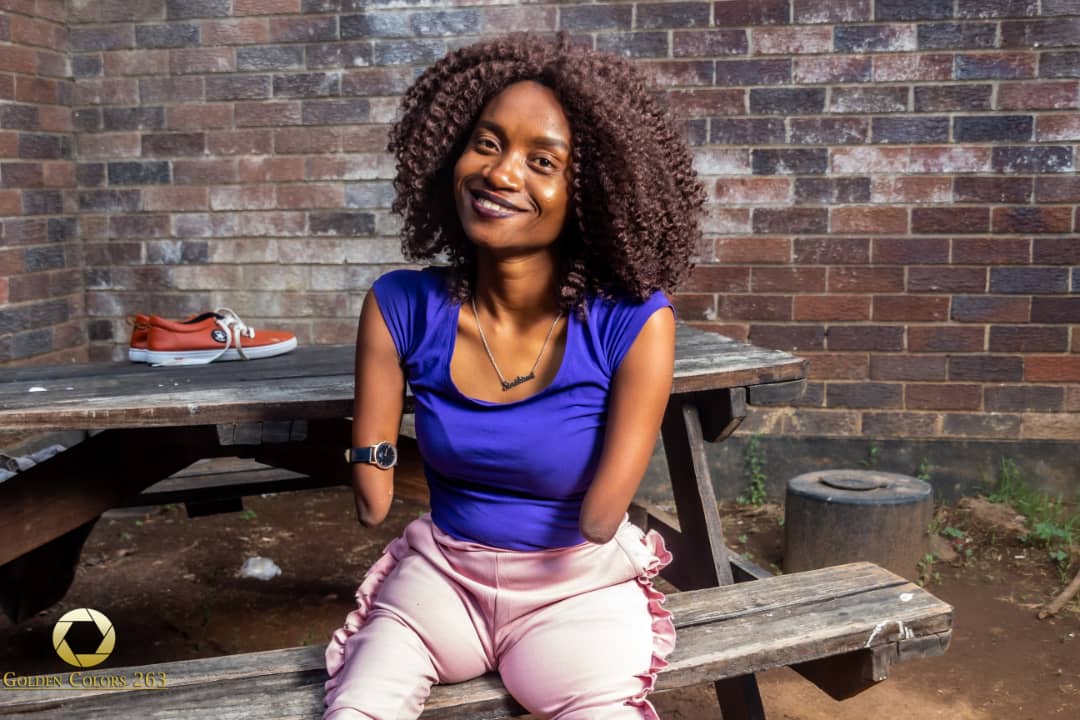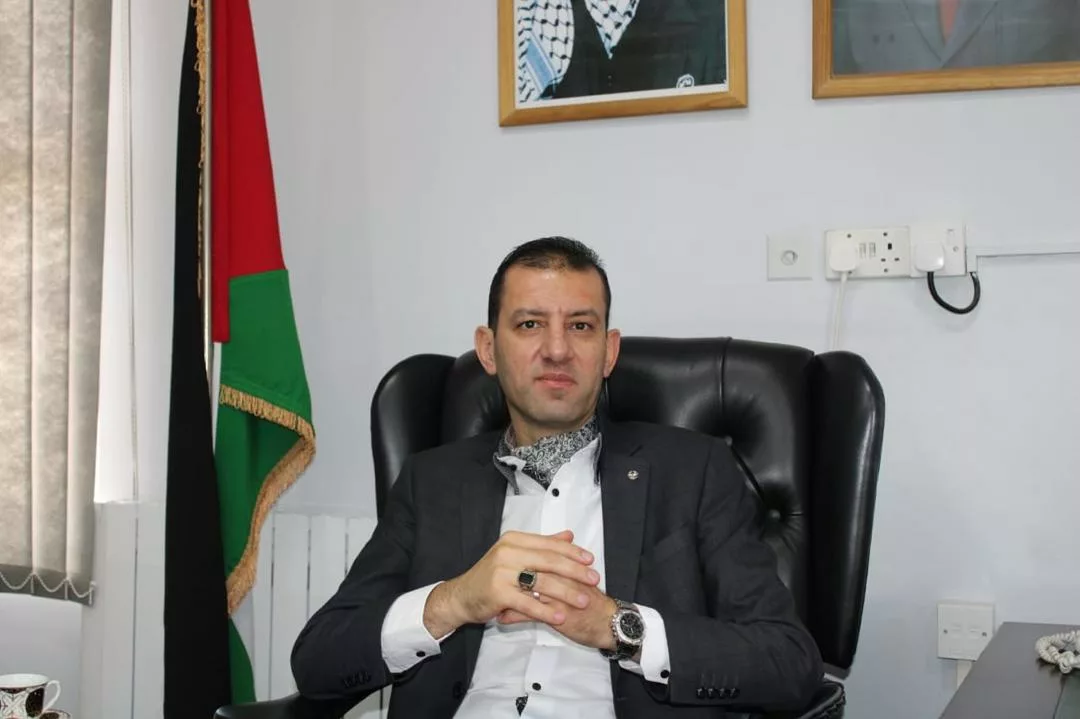|
Getting your Trinity Audio player ready...
|
Women in various spheres of life are calling on stakeholders to create an enabling environment that allows them to take up leadership and decision-making positions in organisations.
Spiked Online Media had the opportunity to gather the views of different women on this subject. One such woman is Resta Dzvinyangoma (46), Councillor for Ward 1 under the Murewa District Council, as well as the Gender Committee Chairperson and Vice Council Chairperson of the same council. She is the also Chairperson of the Women in Local Government Forum (WLGF) for Mashonaland East Province, a member of WLGF national executive – rural, vice-chairperson of WILGF – Zimbabwe Local Government Association (ZLGA), a member of the African Leaders Network.
Dzvinyangoma said since women are oppressed by patriarchy, she is among women fighting to have more women in influential positions in all sectors and at all levels.
“I desire for raising current statistics from 14% (261 women) out of 1 958 councillors countrywide. Women push for gender-sensitive service delivery since they are the major users of services (water, electricity, health). Women are highly likely not to forget other marginalised groups like people with disabilities, girls, youths, and the elderly.
“As women in local government, we championed for the adopted position paper by the Cabinet through President Mnangagwa of having a quota system in local government called the 30% critical mass or minimum threshold – a strategy meant to increase women councillors in local government. This is a milestone to achieve gender parity with regard to the 2023 elections. This is a plus to those going to contest the first past the post system,” Dzvinyangoma said.
She is of the view that there is a lot to be done in regards to patriarchal attitudes and norms by Zimbabweans in order to reach constitutional, regional and international conventions and targets as enshrined in Section 17 of the Constitution.
“As AWLN, we, therefore, recommend the amendment of the Electoral Law to realise the constitutional provisions in the country’s supreme law to make effect to gender parity (Section 17). We urge political parties to comply with these provisions when submitting their list to the Zimbabwe Electoral Commission (ZEC).
“My advice to young women is to take advantage of the seats given by the government to young women to participate in politics. Young women should also participate in the quota systems because they are not limited to older people. It is also essential for both generations to build synergies and stand in solidarity to promote gender parity as a way of fighting patriarchy. There is a need to balance politics and economic programmes. I am a member of Generation Equality Africa because I am passionate about women and girls’ issues by championing the advancement of their empowerment in all influential areas of decision-making. Let’s all take the gender agenda up to the highest possible level. Let us stand together for Generation Equality and walk the talk.”
Sinikiwe Kademaunga (28) a disability rights champion, motivational speaker, and AWLN steering committee member said there is a gap for women with disabilities and reckons that they are not fully participating and neither are they being involved because of lack of information; and lack of accessible infrastructure.
“We have seen many instances where deaf people attend events like the Parliament’s public hearings for a and there will be no sign language interpreter. It is costly for people with disabilities to participate in different advocacy events. In my case to come to a workshop, I require an assistant to help me to take me to the dining room, rest rooms and to take care of my general upkeep and well-being. That’s an extra cost because those people would want to be paid. The costs are double and most organisations avoid people with disabilities so as to avoid the extra costs,” Kademaunga said.
She said there is a need for intentional inclusion whereby organisers should make sure that women with disabilities are involved at every stage of decision-making.
Lorraine Kuimba (27) a national youth gender advocate under the Generation Equality Forum for UN Women; the Founder and Director of Wandering Heart – an organisation that lobbies for equality for young women and girls in Chipinge said girls and young women are still under-represented in decision-making spaces.
“Whilst there is an appreciation that there are women who are making strides to represent the women at large, the younger women remain frustrated because some of the issues they face today might only be understood by a younger generation going through the same issues. There is highly a need to have more young people, particularly young women, penetrating decision-making spaces to voice out the inequalities and injustices they face and provide working solutions they see fit,” Kuimba said.
Today in Harare, the GoGetter Movement in partnership with Woman Excel, AWLN, UNWomen, and Global Shapers Harare Hub presented the “On The Shoulders Of Giants” Mentorship Program for young women.
Women in leadership positions from different sectors offered guidance to young females who are greenhorns in their careers or businesses.
The program presented a meeting point for women who have specific skills and knowledge (mentors) and (protégés) who want the same skills and advantages to move up the ladder in their work and life. The ultimate objective of this program is to kick start the process of intergenerational dialogue.






